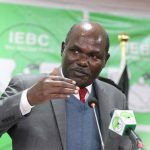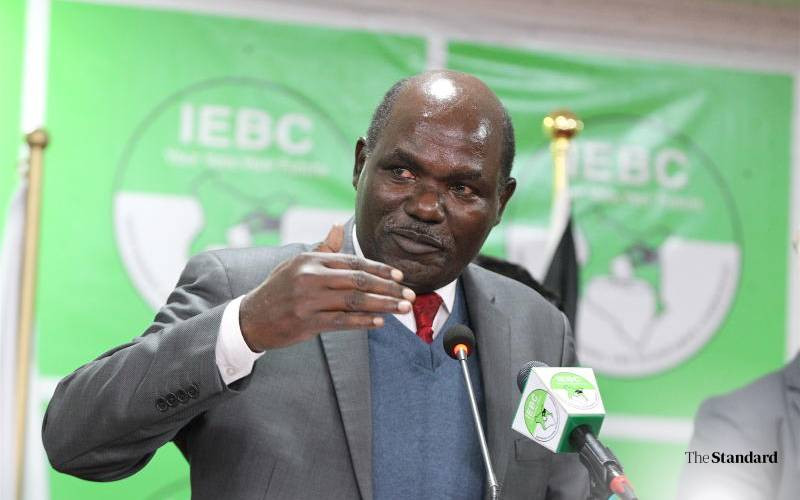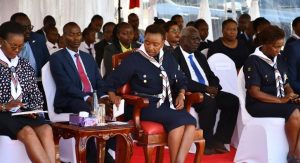Wiper Party leader Kalonzo Musyoka has attributed Raila Odinga’s loss in the African Union Commission (AUC) chairperson race to President William Ruto’s strained diplomatic relations with regional leaders.
Speaking on Saturday, February 22, 2025, Kalonzo argued that the defeat wasn’t a reflection of Raila’s candidature but rather a consequence of Kenya’s deteriorating regional relationships under Ruto’s administration.
“It wasn’t Raila who lost to the Djibouti candidate, it was Ruto. Ruto lost because of poor relations with other presidents. Raila was not the one casting votes; it was the presidents themselves who were voting,” Kalonzo said.
The former Vice President linked the diplomatic tensions to ongoing regional security challenges, particularly the crisis in the eastern Democratic Republic of Congo (DRC).
“Recently in Goma, DRC, Tanzanian soldiers were killed, and the city was captured. Burundi expressed similar concerns. In DRC, people continue to die. Looking at the pictures, over 5,000 people are being buried in open graves. South African soldiers have also been killed in Goma,” he explained.
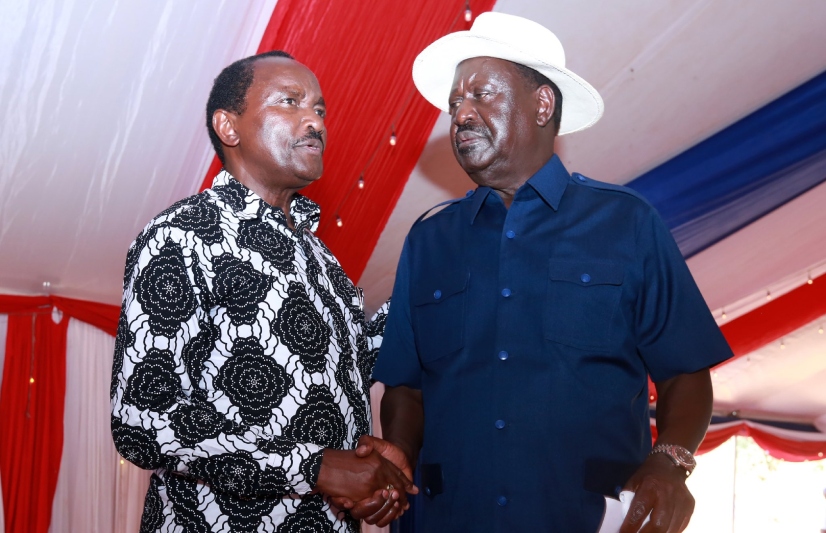
Kalonzo further claimed that former President Uhuru Kenyatta had been effectively handling regional peace efforts before being sidelined, a move he believes contributed to the worsening security situation in the region.
“Former President Uhuru Kenyatta was handling this work very well until they became jealous and told him to leave a meaningful initiative he had started. Since his departure, the killings have continued. That is why we must critically examine the leadership situation in Kenya,” he remarked.
Diplomatic decisions
Speaking during a Senate session on February 19, 2025, Nairobi Senator Edwin Sifuna also blamed Kenya’s foreign policy for Raila Odinga’s failed bid for the AUC chairmanship.
Sifuna argued that Raila was a strong candidate but was undermined by Kenya’s controversial diplomatic decisions, which alienated potential allies.
“I want to say very clearly that there’s a consensus that there was nothing wrong with our candidate. The problem, as I see it and understand it, is the bad manners of the republic that he was confronted with,” Sifuna stated.
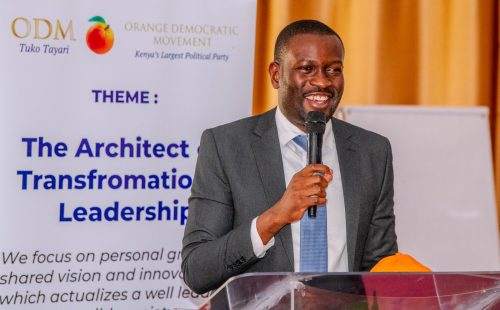
He criticized Kenya’s decision to host certain opposition groups from the Democratic Republic of Congo, suggesting this undermined regional stability.
“We were all perturbed when leaders of a rebel movement were granted the opportunity to speak from our shores here… Raila is a democrat; he would never support the upending of power other than by means of democratic processes,” he explained.
Conflicting positions
Sifuna also pointed out inconsistencies in Kenya’s stance on international conflicts, particularly in the Middle East, as another factor that may have worked against Raila.
“Raila is my party leader, and I have heard him publicly take a position to support the Palestinian people and say they have a right to a home. That is the position of the candidate, but what is the position of the sponsoring country?” Sifuna questioned.
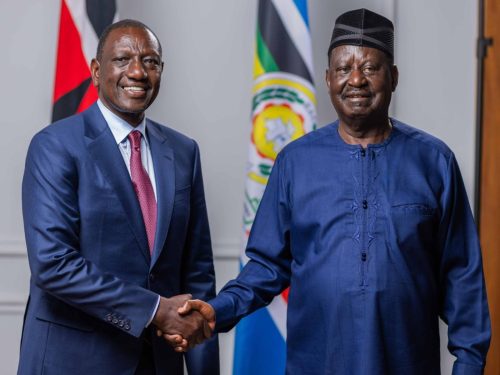
He argued that such contradictions between Raila’s personal stances and Kenya’s official positions likely influenced the outcome of the AUC elections.
“When the sponsoring country takes an opposite position to the candidate, it presents a problem,” Sifuna noted.
